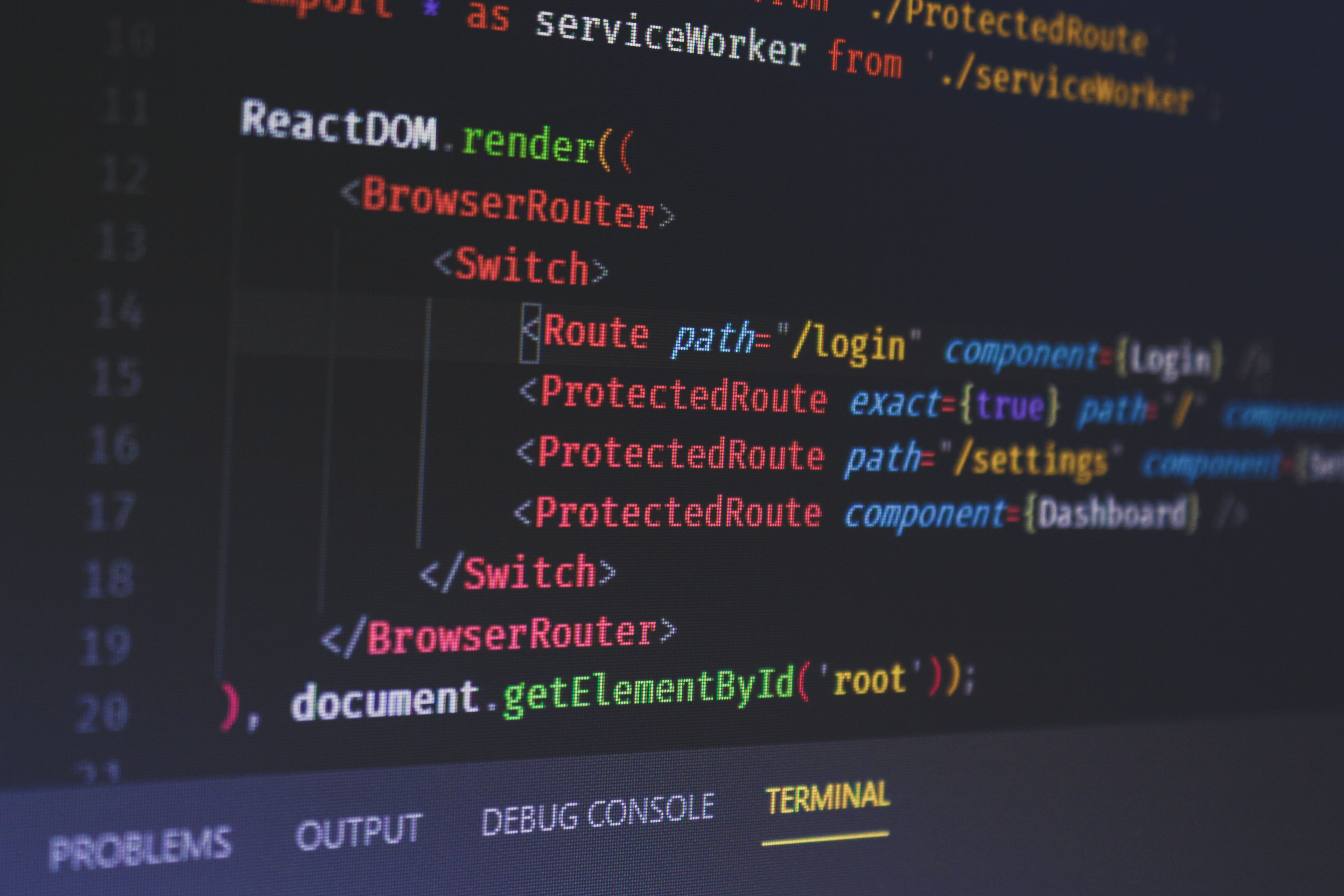
Should I Learn to Code?

5 mins read
By Shelley Needham - 13th Sep 2023
Coding, it seems to be everywhere these days. Even if you don’t work in digital or tech, it seems you can’t avoid the seemingly infinite amount of coding-centric marketing. Hundreds of different companies and organisations telling you that they can teach you the key lessons you’ll need to be a top notch successful coder.
But what actually is coding? And should you learn to do it?
Hopefully this article can answer those questions for you.
Let's tackle each of these questions separately, first of all.

What is Coding?
Well according to the Oxford dictionary, after a quick Google search, it's;
The process or activity of writing computer programs.
So there you have it. That’s coding…
Don’t worry if that doesn’t clear it up for you!
To help put it into easier terms, I decided to ask our resident coder here at the Coders Guild; Steve Marks, Our Software Development Trainer & Coach, and Freelance Web Developer at BVSWebDesign, if he could explain what coding is in his own words.
“In its most simple terms, it’s giving a computer a set of instructions to follow - usually with the expectation of getting something back. An example would be I would tell my browser to output a website in a certain way and it does it - the first time you get it right it feels like magic is going on!”
I hope that makes things a little easier to understand.
Should I Learn to Code?
So with this easier to digest definition of what coding is, the other looming question remains…Should I Learn to Code?
Of course this depends on so many different factors, too many to go over in one article. However if you're thinking about becoming a software developer (the brains behind computer programs), then you'll need to be able to code.
There is a big shortage of software developers at the moment in the tech industry, in fact there's a significant shortage in a lot of areas of the tech industry (especially in the UK), so if you’re reading this trying to decide your next step professionally, then learning to code wouldn’t be a bad decision, as you’ll be stepping into an inclusive and welcoming community, with job opportunities.
Also, having the ability to code is an excellent addition to your skill-set. Having this addition could be the difference between your application standing out against others, and this doesn’t apply just to ‘tech’ jobs, this can apply to people in PR, marketing, content creation etc.
Coding literacy is great because it means you are more digitally fluent, and will pick up other aspects of tech/digital jobs quicker, and in today’s job landscape that can only be a good thing.

The best part about coding?
Anyone can learn to do it!
Often jobs these days are guarded by the requirement of university degrees or years of experience. But learning to code doesn’t take years and years, nor does it cost thousands of pounds. Learning to code can be completed from the comfort of your own home. It can be achieved around all your other commitments; making it so much easier to learn in comparison to other digital skills.
If you have even an inkling of interest in coding, then I would recommend exploring that interest more. Even if it doesn’t relate to your current job role in any-way-what-so-ever, you don’t know what doors might open in the future with this knowledge tucked away.
The advice we give people that are interested in learning to code, is to utilise any of these free resources in this article here.
We always advise that people create a project for themselves, so that they can present this project during an interview, and discuss the skills they've learnt e.g. speaking about the bugs they've encountered and how they've fixed them, and what they've learnt from it.
Once you have some basic coding knowledge, then do get in touch with us using the form below, as the Coders Guild offers Software Development courses that will flesh out all your skills, and give you the opportunity to be a pro in the field!
Apply Now